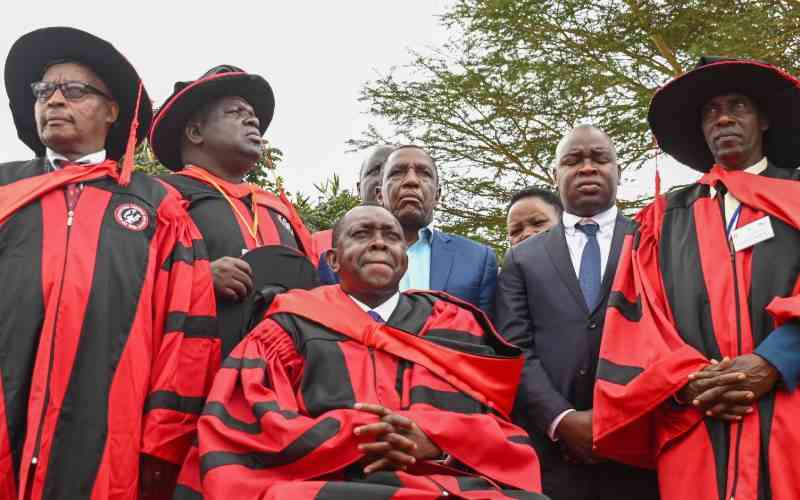Coffee is the third largest agricultural export earner in Kenya after tea and horticulture, and directly supports over 700,000 households.
Kenyan coffee is renown on international markets for its unique and specific quality and regularly fetches prices way above other origins in the Intercontinental Exchange, making it a powerful global brand though existing in abstract.
Despite this fact, low prices of coffees in past years and subsequent low payout rates to coffee farmers have affected production in Kenya, making it decrease by 65 per cent between 1989 to 2013.
In 2009, colossal amounts of investments were allocated for coffee markets’ repositioning initiatives for the Kenya Coffee brand under a project dubbed ‘Quality Coffee Production and Commercialisation Project’ spearheaded by Coffee Board of Kenya, but now it appears that all that money has gone down the drain or just into individual people’s pockets.
Under the project, a certification mark going by the name “Coffee Kenya” with a slogan So Rich, So Kenyan was developed but has unfortunately become So Kenyan, So Sour after the mark was rejected by all the countries to which the mark had been applied for recognition, consideration and registration.
In fact, only Sudan has remained mum on her position on the matter, with the likelihood that they too may reject the mark.
The main reason for rejection of the certification mark is because the application for registration of the mark was inadequately and incompetently done without comprehensive rules of application, and thereby failed to meet international requirements and standards that guide registration of intellectual property rights under World Intellectual Property Office – Office for Harmonisation in the Internal Market and European Commission.
In view of this, it is crystal clear that the Coffee Kenya branding programme was not well researched planned and/or professionally implemented.
This kind of technical incompetence and inefficiency by the Coffee Board of Kenya has cost taxpayers and coffee farmers millions of shillings.
This loss of opportunity demands that comprehensive answers are sought from the board’s leadership and the parent ministry, on why this crucial milestone was not achieved.
This kind of lackluster performance by individual office holders witnessed in the coffee industry makes Vision 2030 a smokescreen, a mirage and mere pipe dream that may never be achieved.
K’Okoth Sylvestre, Agribusiness and Policy Consultant
 The Standard Group Plc is a
multi-media organization with investments in media platforms spanning newspaper
print operations, television, radio broadcasting, digital and online services. The
Standard Group is recognized as a leading multi-media house in Kenya with a key
influence in matters of national and international interest.
The Standard Group Plc is a
multi-media organization with investments in media platforms spanning newspaper
print operations, television, radio broadcasting, digital and online services. The
Standard Group is recognized as a leading multi-media house in Kenya with a key
influence in matters of national and international interest.
 The Standard Group Plc is a
multi-media organization with investments in media platforms spanning newspaper
print operations, television, radio broadcasting, digital and online services. The
Standard Group is recognized as a leading multi-media house in Kenya with a key
influence in matters of national and international interest.
The Standard Group Plc is a
multi-media organization with investments in media platforms spanning newspaper
print operations, television, radio broadcasting, digital and online services. The
Standard Group is recognized as a leading multi-media house in Kenya with a key
influence in matters of national and international interest.







